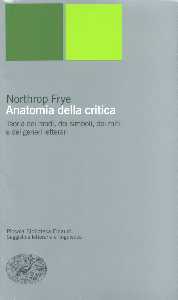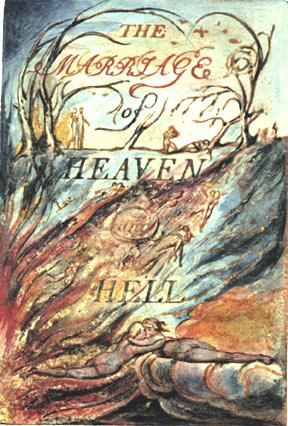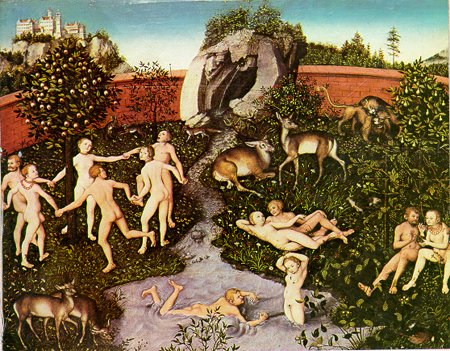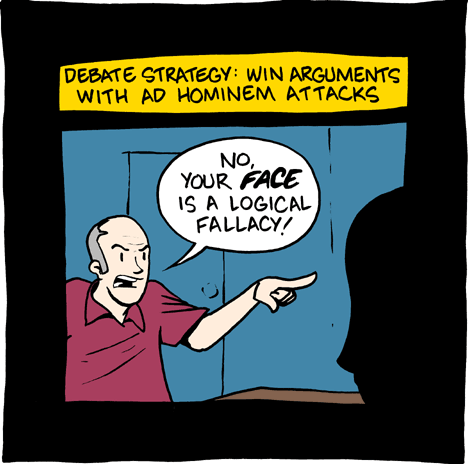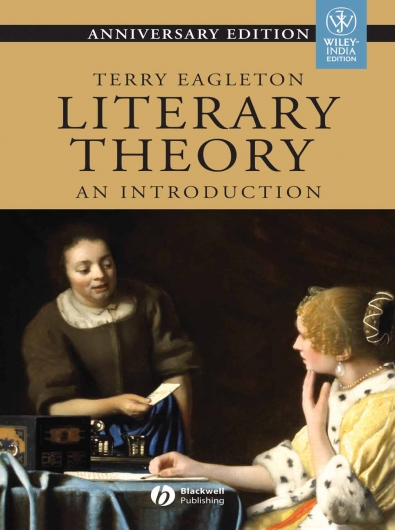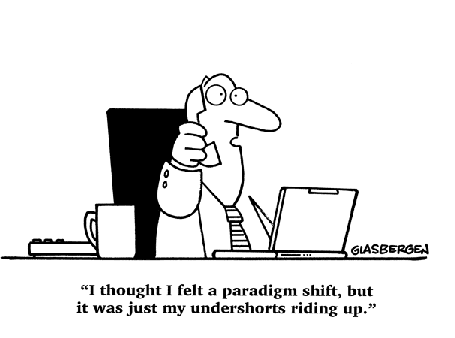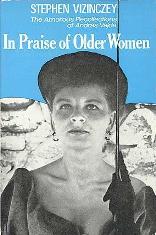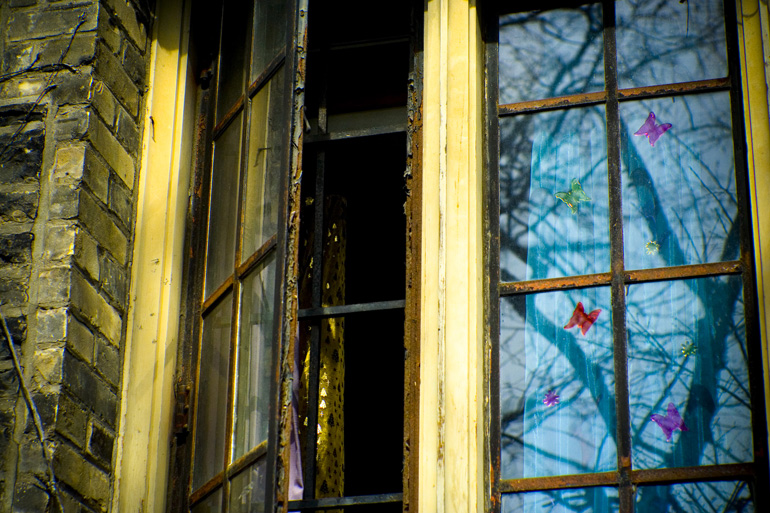
Residence window, Victoria College
It has become apparent that there is something rather fascinating about the place of Frye in the academy. As I have suggested previously, when I came to graduate school, Frye’s value on the academic stock market was low – despite the fact that the University of Toronto was publishing on a regular basis volumes of the Collected Works of Northrop Frye. As a somewhat naïve graduate student, I assumed the University of Toronto would be the ideal place to study Frye. Frye’s archives, his annotated library — his presence and influence still linger at Victoria College at least. And yet, Frye remains something of an enigma at Toronto. At the annual Victoria book sale, when I generally buy whatever book on Frye I can find, the sales people almost always tell me stories about when they were students sitting in one of Professor Frye’s lectures. So Frye is not “dead” at Victoria; instead, he seems to be caught between silence and shadows and yet remains a conspicuous presence: Northrop Frye Hall, various portraits throughout the college, and some of his former students still roaming the halls. So what does the graduate student today, at Toronto, do? How does the graduate student approach Frye?
Joe Adamson recently spoke of wanting to teach Frye and Cultural Studies. This graduate student of Comparative Literature says: please, please teach a course like this. Cultural Studies are taking hold in literary studies; Frye seems an ideal candidate to be included in that debate. In Canadian Cultural Studies: A Reader, the editors – Sourayan Mookerjea, Imre Szeman, and Gail Faurshou – include a few selections from Frye. This is one way to bring Frye into the twenty-first century.
Likewise, David Clark at McMaster write, when asked to compare Frye’s work to Derrida: What does Jacques Derrida’s work have that Frye’s doesn’t?, “I want to say right away that Frye’s work is richly significant. He played a crucially important role in the history of Canadian letters and in the life of a particular Canadian academic imaginary, signs of which are still to be found in the university. One of the things we have yet to see, though, are slow readers–to remember something Nietzsche once said–of Frye’s work, i.e. readers who put enough confidence in the complexity and critical power of his work to be willing and able to read it resistantly and against the grain, and to read it symptomatically, with an eye to its productive self-differences, occlusions, and unconsciousnesses.” This is, perhaps, another response to how to engage with Frye and one that will likely offer many new perspectives and likely revisionary readings as well.
I’m not certain if this is or is not Frye’s Golden Age, but I’m inclined to think that Frye is ready for a “come-back” and will likely return in ways that are just now being conceived of.
Frye is being read, of this I am certain – at least I am thinking and writing about Frye and hope to offer work that helps to re-energize the debate. But my work tries to negotiate Frye with the phenomena of critical theory, popular theoretical models, and taking him places Frye himself didn’t go; for instance, Latin American narrative. I recognize Frye thought about Borges and a copy of Garcia Marquez’s One Hundred Years of Solitude sits in the annotated collection, as does the Popol Vuh – but Frye still has so much more to offer. I am sure that readers will continue to find him and academics will inspire a new generation of students to return to Frye.
